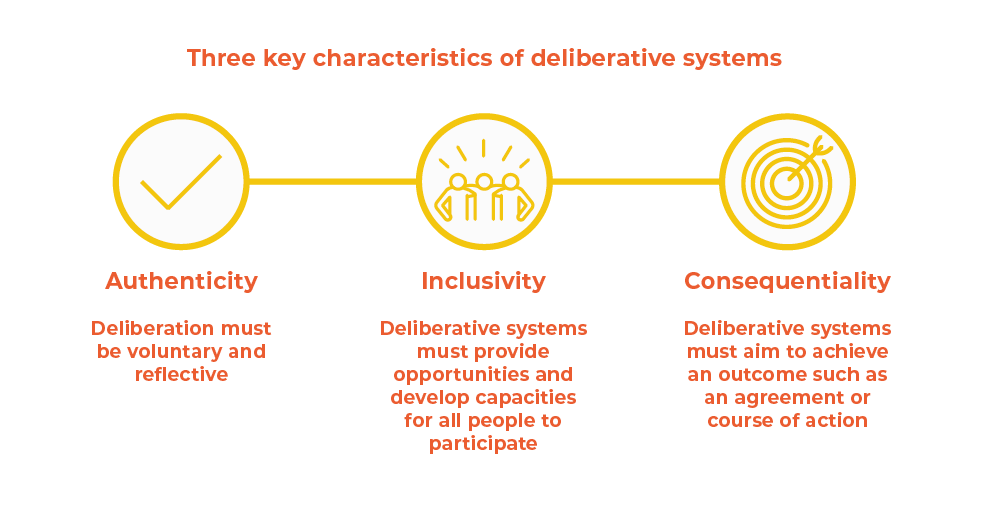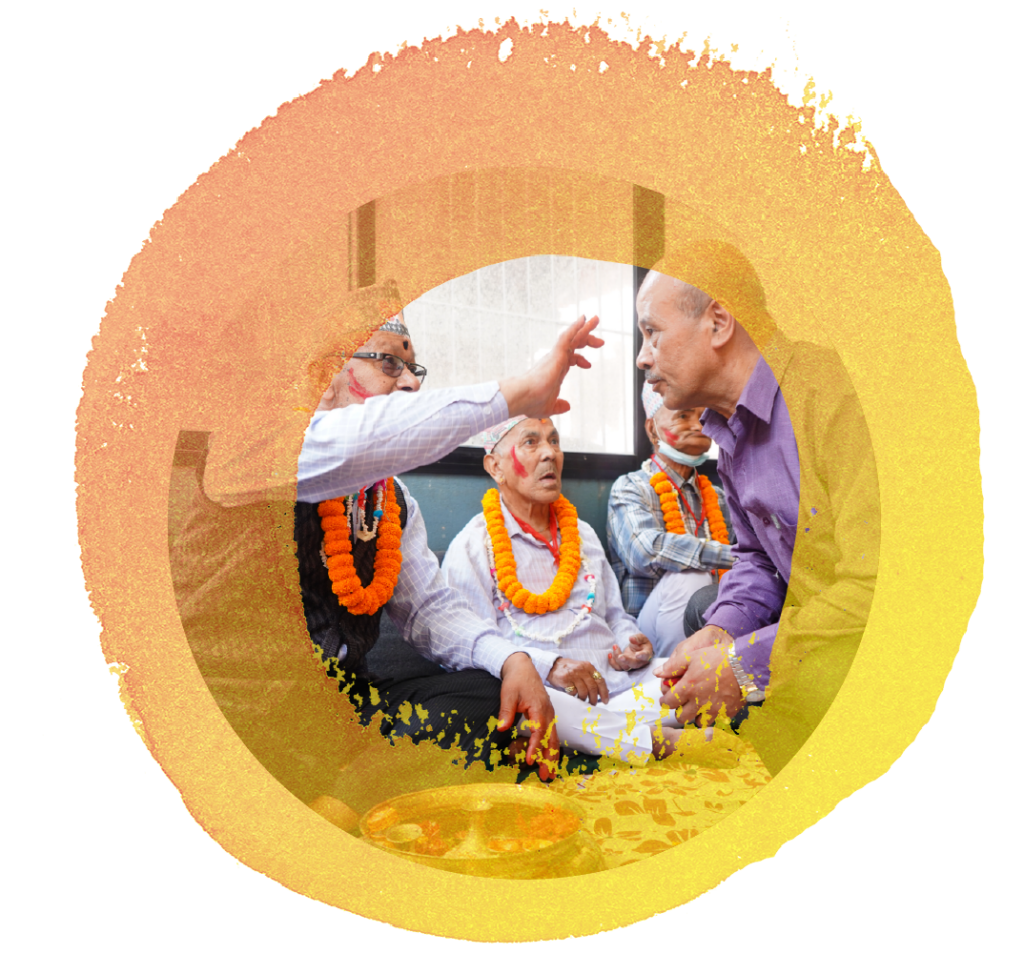Chapter 4

Introduction
Across countries and regions, volunteers from marginalized groups are devoting their time, expertise and knowledge, and collaborating with state authorities in various deliberative processes, with the goal of shaping development outcomes. This chapter focuses on models of volunteer–state partnerships in deliberative governance in five Global South countries: the Democratic Republic of the Congo (DRC), Ecuador, Kyrgyzstan, Nepal and Tunisia.
Deliberative governance processes broadly encompass forums or spaces where volunteers can participate in dialogue or strategic priorities, and are often used by public entities to engage citizens more directly in solving some of the most pressing policy challenges. Deliberative governance processes do not involve a predetermined agenda or choice and are more likely to give voice and agency to a wider range of citizens.
Key Highlights
Key Infographics

Conclusion
Volunteerism plays an important role in deliberative governance. Volunteer–state partnerships, particularly those that engage volunteers from marginalized groups, play an important role in fostering inclusion in processes that may not otherwise accommodate these groups. For those who volunteer in deliberative governance mechanisms, these processes not only enable them to have their voices heard and be taken seriously in public governance, but also empower them to influence outcomes.
In the case studies, volunteers’ engagement with state authorities fostered solidarity and relationship-building and resulted in outcomes that were more relevant to local needs. Moreover, deliberative processes conferred legitimacy and enhanced trust, increasing ownership. However, while inclusion amplifies the voices of those who are least heard, challenges remain for volunteers who engage in these processes, as in some instances, deliberative spaces reinforce existing power imbalances.


